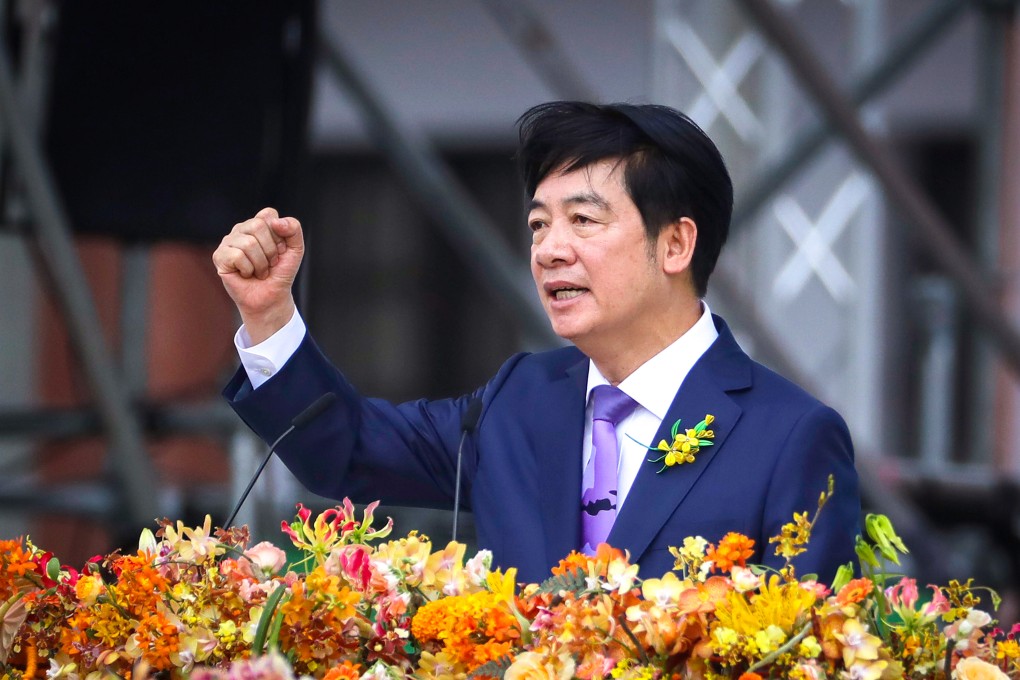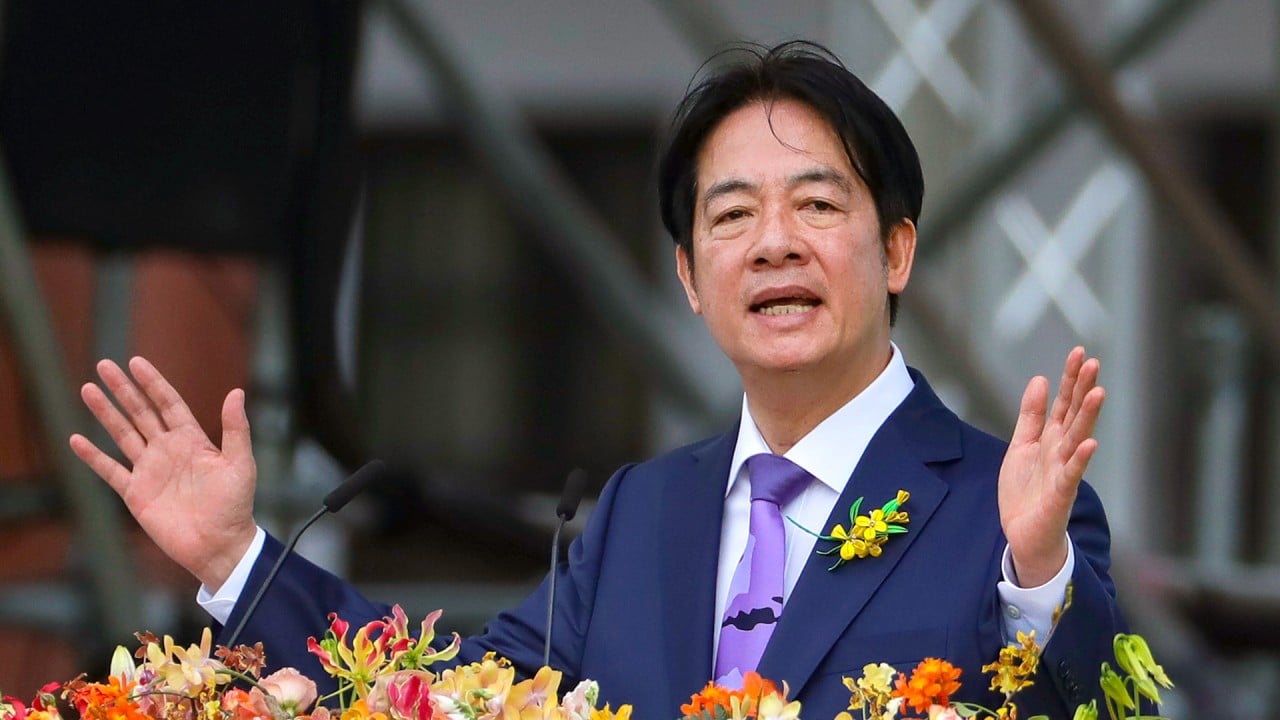Beijing rejects Taiwan leader’s offer on tourism and student exchanges, saying Lai is ‘insincere, more radical’
- Taiwan Affairs Office releases another strongly worded statement following William Lai’s inauguration on Monday
- ‘The entire speech was filled with antagonism and provocation, lies and deception,’ office says

The mainland’s Taiwan Affairs Office (TAO) released another strongly worded statement on Tuesday evening, saying Lai’s attitude in his inauguration remarks was “extremely rampant” while “his advocacy is even more radical” than before.
“The entire speech was filled with antagonism and provocation, lies and deception – the ‘Taiwan independence’ stance is even more radical and risky,” according to the 1,200-word statement.
Lai delivered a tougher inauguration speech than Tsai did in 2016 and 2020 to reinstate the party’s stance that the Republic of China, Taiwan’s official name, and the People’s Republic of China “are not subordinate to each other”.
“I hope that China will face the reality of the Republic of China’s existence, respect the choices of the people of Taiwan and in good faith choose dialogue over confrontation, exchange over containment,” Lai said.
“Under the principles of parity and dignity, [it should] engage in cooperation with the legal government chosen by Taiwan’s people. This can start from the resumption of tourism on a reciprocal basis, and enrolment of degree students in Taiwanese institutions.”

